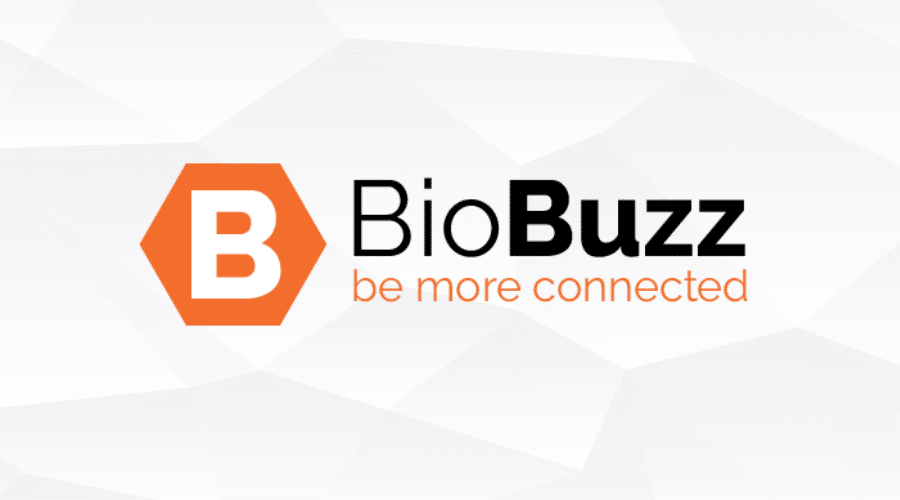
View the full Article on:
BioBuzz
Author:

Addimmune Summary
Original Post in BioBuzz By: Alex Keown
Powered by promising Phase I results from its HIV gene and cell therapy, American Gene Technologies (AGT) is spinning off a new company dedicated solely to develop a cure for a disease Chief Executive Officer Jeff Galvin calls ‘insidious.”
The new company, called Addimmune, will build on the success of the Phase I trial assessing AGT’s Gag-specific AGT103-T, a genetically modified cell product that demonstrated a highly impressive safety signal, as well as significant therapeutic promise in its clinical trials. The Phase I data from this first-in-human study was published in November 2022 in Frontiers in Medicine, a peer-reviewed scientific journal focused on medical advancement. Trial data revealed that 100% of participants showed active immune responses to HIV after participants ceased taking their antiretroviral therapy. The data showed that several of the participants achieved significant viral suppression, which signals that AGT103-T has the potential to deliver a functional cure to HIV patients.
The early clinical success has the Rockville-based parent company gearing up for a Phase II trial, which, if the data is strong enough, could pave the way for commercialization of a therapy that provides a functional cure for HIV. Earlier this year, AGT won a BioBuzz award for its The Cure Chronicles video series.
The new entity Addimmune, named to represent the use of gene and cell therapy to add new capacity to the human T cell to create an improved immune system to fight HIV, will shepherd the future of AGT103-T and other preclinical assets focused on HIV. The new company will include AGT’s entire HIV cure program, including the relevant staff, equipment and IP portfolio. The parent company will retain all other assets, which includes preclinical cell therapies aimed at Phenylketonuria (PKU), an autosomal recessive disorder, and the ImmunoTox program which targets cancer.
AGT was founded 15 years ago by Galvin. In the wake of the Human Genome Project, the company rose based on the principles and promise of viral vectors, among other advancements seen in gene and cell therapy.
“I saw a future where modifying DNA would lead to treatments and cures for formerly intractable diseases. Fast forward to today, our HIV clinical trial has produced a successful Phase I for our single-infusion gene therapy, AGT103-T. Now we’re launching a new company, Addimmune, to accelerate our research and continue to pursue our mission to cure HIV. We feel the market is receptive to this mission, data, and potential,” Galvin said.
Galvin, who won Life Sciences Voice Top Industry Leaders Award earlier this year, told BioBuzz the Phase I data is the first proof of concept for the company’s technology platform.
“We took people whose viral levels were out of control and we’ve brought them down. These immune responses are highly positive,” he said.
Galvin said the goal is to provide HIV patients with a single-infusion treatment that will provide a functional cure for the virus, giving them the ability to suppress their own virus so they are no longer contagious.
“We are in business to put HIV in the rear view mirror for everyone. If it’s what we believe it to be, everybody on earth could benefit from our mission. This platform is the way to skate to where the puck is going. If this drug works, you could be optimistic about AGT curing cancer,” he said.
Addimmune will launch under the leadership of the current AGT team, at least in the interim. The intention is for both companies to have separate leadership teams with skills that match the requirements of the respective companies. Addimmune’s team will have expertise in areas such as clinical development and regulatory affairs while AGT’s team will be focused on drug discovery and preclinical development.
A Phase II trial for AGT103-T could begin in the first quarter of 2024 following planned discussions with the FDA. Addimmune is pursuing multiple funding strategies to support the Phase II trials to include considering becoming a publicly-traded company, which would provide the funds necessary to support clinical trials for AGT103-T.
The Phase II clinical trial will optimize the regimen for an expanded trial, treating 50 to 100 patients with the intention to firmly establish efficacy levels that justify a pivotal study. If successful, upcoming additional clinical trials could allow Addimmune to continue towards commercialization and the goal of providing improved outcomes and quality of life for people living with HIV.
AGT will remain a private company, which will allow it to efficiently continue the development of the preclinical PKU and immuno-oncology programs.
“Additional capital and a laser focus on HIV will align our company with the hopes and needs of the HIV community and maximize our chance of success,” Galvin said.
As both AGT and Addimmune move forward, there will be opportunities to scale. Galvin said as long as the companies continue to produce exciting advancements in medicine, there will be an increased need for talent.
“The concrete progress that Addimmune makes by achieving clinical milestones will provide justification for scaling. Meanwhile, AGT’s technology platform will continue to mature as the company advances its immuno-oncology and PKU programs. AGT will scale its teams according to its needs in order to produce the best HIV therapeutics possible in the shortest time frame possible,” he said.
